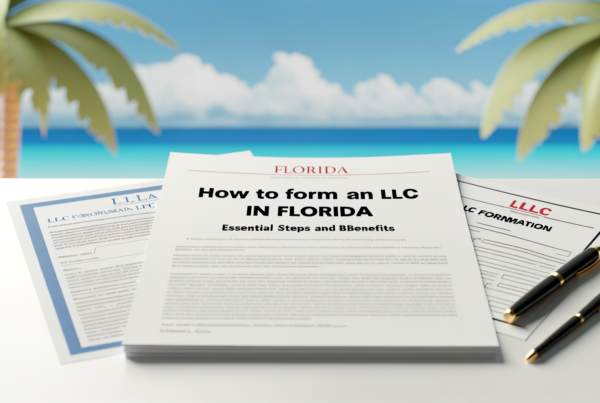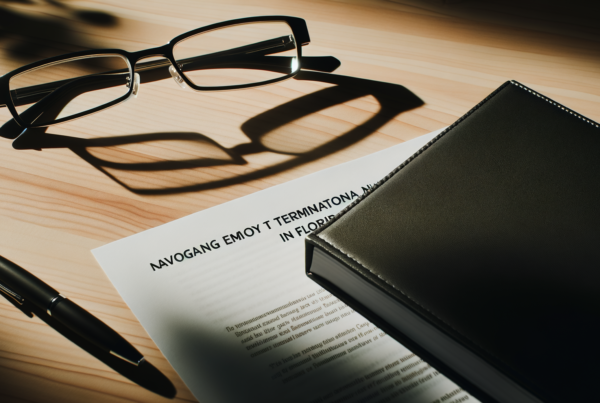In the aftermath of devastating hurricanes, homeowners often face the daunting task of navigating insurance claims that can be complex and fraught with disputes. The role of a lawyer becomes pivotal in these situations, as they serve as advocates, advisors, and negotiators for policyholders seeking fair compensation for their losses. This article explores the various ways in which attorneys can assist clients in resolving hurricane insurance disputes, highlighting the importance of legal expertise, the intricacies of insurance policies, the negotiation process, and the litigation of claims when necessary. By understanding these elements, homeowners can better appreciate the critical role lawyers play in ensuring their rights are protected during such challenging times.
Understanding Insurance Policies
Hurricane insurance claims often boil down to the specific wording and clauses found within insurance policies. Lawyers specializing in this field can help homeowners decipher complex legal jargon and identify key components that may affect their claims. This includes understanding covered perils, deductibles, and exclusions. Armed with this knowledge, lawyers can effectively assess the validity of a claim, ensuring that homeowners are not unfairly denied coverage based on technicalities. Moreover, lawyers can guide clients in documenting damages accurately, which is often pivotal in substantiating claims against insurance companies.
Negotiation with Insurance Companies
Once the claim has been submitted, the negotiation phase begins, where the attorney’s role becomes even more pronounced. Insurance companies often employ adjusters whose primary goal is to minimize payout amounts. A lawyer can level the playing field by negotiating on behalf of the homeowner, striving for a fair settlement that reflects the actual damages incurred. Lawyers are skilled negotiators who are familiar with industry standards and local regulations, allowing them to advocate effectively for their clients. This negotiation process may involve presenting evidence, submitting counter-offers, and leveraging their understanding of laws governing insurance practices.
Litigation as a Last Resort
When negotiations fail and insurers refuse to offer satisfactory settlements, litigation may become necessary. An experienced attorney can prepare clients for this process, guiding them through the intricacies of civil procedure and representing their interests in court. Litigation can be lengthy and costly, making it essential for policyholders to have strong legal representation to ensure that their rights are vigorously defended. Lawyers can also assess whether to pursue additional claims, such as bad faith litigation, should insurance companies act unreasonably or unlawfully in processing claims.
The Emotional Support Role of Lawyers
Beyond the legal aspects, the aftermath of a hurricane can be an emotionally taxing time for homeowners. Lawyers often serve as advocates not only in the courtroom but also as sources of support and guidance. They can help clients navigate the stress associated with financial loss and the uncertainty of their future. By providing reassurance and clear communication about legal strategies, lawyers help alleviate some anxiety and promote informed decision-making for their clients as they seek resolution from their insurance disputes.
In conclusion, the role of a lawyer in resolving hurricane insurance disputes is multifaceted and essential. From interpreting complex insurance policies to negotiating fair settlements and potentially litigating claims, lawyers offer invaluable support to homeowners facing the repercussions of natural disasters. Their legal expertise not only protects clients’ rights but also provides emotional support during trying times. Ultimately, engaging an experienced attorney can significantly enhance a policyholder’s ability to secure the compensation they deserve, enabling them to rebuild and recover from the devastating effects of hurricanes more effectively.




